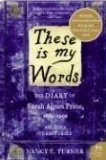 A couple weeks ago, I read a book that I just thought was fabulous (so did Jane of Seagull Fountain, which is where I heard about it). It was one of those books where the characters really seemed to come alive.
A couple weeks ago, I read a book that I just thought was fabulous (so did Jane of Seagull Fountain, which is where I heard about it). It was one of those books where the characters really seemed to come alive.
Sarah, the protagonist, becomes a mother fairly early on in the book. Although this isn’t a major theme in the book, she struggles with motherhood at first, starting with a very difficult labor, and continuing with a hard adjustment to motherhood, for her and for her marriage. In her journal, Sarah writes:
I wonder if every new mother feels as if there is nothing left of herself. Every minute of my day and every last thing I do is tied to this little someone else.
—Nancy E. Turner, These is my Words, p 120
That was very much how I felt when I first became a mother. It was supposed to be all joy and roses, but it seemed to be all baby, all work, all the time.
Now, though, I’m beginning to get a little distance from that work. Hayden is pretty independent—he can open the fridge by himself now. He seems to be turning more and more into a small person (instead of a baby or a toddler) every time I look at him.
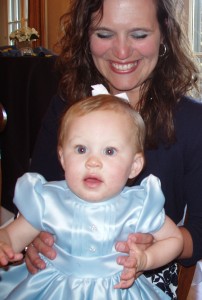 Rebecca is eleven months old now, and, as I’ve said a number of times in the last couple days, her cuteness quotient has leapt to near-lethal levels. I’m able to have time to myself, play with the kids, and (due very largely to the support and efforts of my husband), the house hasn’t fallen down around my ears.
Rebecca is eleven months old now, and, as I’ve said a number of times in the last couple days, her cuteness quotient has leapt to near-lethal levels. I’m able to have time to myself, play with the kids, and (due very largely to the support and efforts of my husband), the house hasn’t fallen down around my ears.
Every minute of my day and every last thing I do isn’t tied to them (though still many if not most of my minutes and most of the things I do, especially during their waking hours). I’ve gotten to the point where I can get some, if not all, of “my” own, personal stuff done—and I think it’s done wonders for my sense of fulfillment and accomplishment overall.
What do you think? Is being able to do something by yourself, for yourself vital to fulfillment?
(By the way, has anyone read the sequels to These is my Words? Are they as good as the first (or at least worth reading 😉 )?)
 Carol Bartz is a busy woman. She’s a CEO (again), a breast cancer survivor, a community volunteer—and, oh yeah, a mom. While her children are now grown, she’s had all these balls in the air at the same time,
Carol Bartz is a busy woman. She’s a CEO (again), a breast cancer survivor, a community volunteer—and, oh yeah, a mom. While her children are now grown, she’s had all these balls in the air at the same time,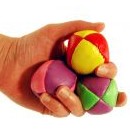 Second, Carol recognized that she wasn’t going to be perfect:
Second, Carol recognized that she wasn’t going to be perfect: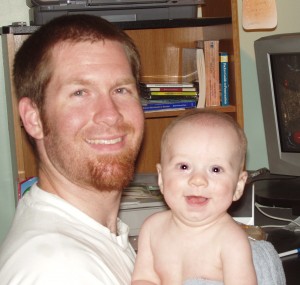
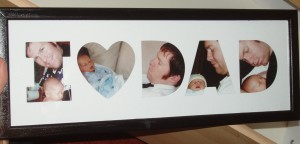
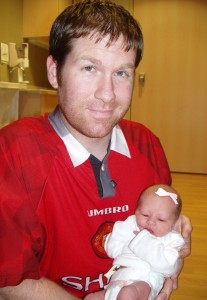
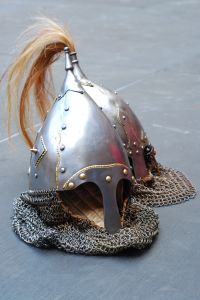 As I pondered a title for this post, I thought I should come up with a definition of nobility—and the first thing that popped into my head was that nobility is the opposite of
As I pondered a title for this post, I thought I should come up with a definition of nobility—and the first thing that popped into my head was that nobility is the opposite of  As children of mothers, naturally, just about everyone hates these characters. Yeah, we laugh, but it’s a knowing laugh. We’ve seen mothers or perhaps even had our own mothers act that way—woe is me, I reared you, it was hard and you’re ungrateful.
As children of mothers, naturally, just about everyone hates these characters. Yeah, we laugh, but it’s a knowing laugh. We’ve seen mothers or perhaps even had our own mothers act that way—woe is me, I reared you, it was hard and you’re ungrateful.